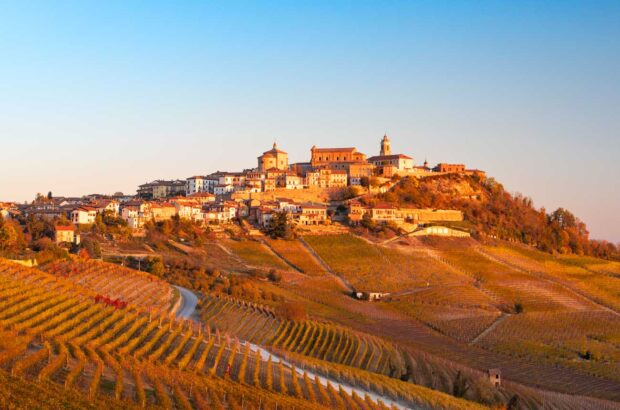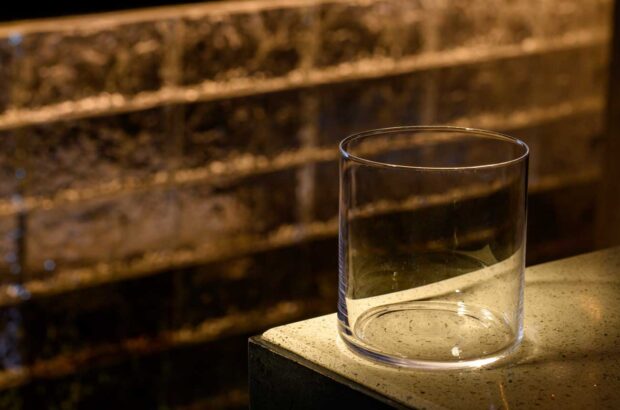It was the masterclass we could have sold five times over – a vertical tasting of Mouton Rothschild. OLIVER STYLES was there.
The Drawing Room of the Landmark Hotel was packed for the first masterclass of Decanter’s Great Bordeaux Fine Encounter. Attendees had already started to queue outside before the Mouton Rothschild wines were poured, and even the magazine’s staff were arriving earlier than required. ‘I’ve never known Decanter staff to be out of bed so early,’ said publishing director Sarah Kemp as she sat down with Mouton’s co-managing director, Hervé Berland, to talk about the wines. Berland kicked off the morning with two vintages of the château’s white wine, Aile d’Argent, from the 2005 and 1998 vintages. He noted that while 2005 was already an acclaimed year for the red wines of Bordeaux, it was also ‘a great year for whites – both dry and sweet’. In this case, the 2005 easily outshone its seven-year-old stablemate, showing an attractive deep straw colour coupled with a nose of ripe fruits and enticing freshness on the palate.
Another pair, this time of the second wine, Petit Mouton, heralded the start of the reds. Again the 2005 shone, although the 1996 showed a tight structure and good tannins. Berland made the somewhat sweeping statement that ‘when a harvest starts in September, it’s often a sign of good quality’ – as was the case in 2005.
The grand vin vertical was also heralded by the 2005, a very rich wine, although not completely open. ‘It is the opposite of the 1996,’ said Berland. ‘That was undrinkable when it was young – just so full of tannins. But the tannins here are silky and polished.’
Then followed the 2003 which, despite the controversy of the vintage, Berland thinks will age very well. He even drew parallels with the weather conditions of 1947. The distinctive, engraved bottle (based on a 16th-century drinking vessel in the château’s art collection) and ‘vintage of the century’ epithet had many tasting the 2000 before Berland’s overview. When pressed about that moniker, Mouton’s co-director quickly replied: ‘In Bordeaux, a century is very short.’ This, though, will need laying down for decades.
The 1998 was a ‘classic vintage’ he said, one where ‘the climate conditions are just about normal and the tannins are perhaps not so ripe’. The 1998 was by no means as extraordinary as the other wines on show – the tannins certainly lacked polish – but it retained typicity. Berland also told attendees to watch out for the not-so-mature, not-so-famous vintages, as ‘they will get much better with age’.
The last three wines, all excellent years, showed what maturity could do. The 1996 in magnum was starting to show some age – its huge aroma, tannins and power made this ‘almost the perfect Mouton’, according to Berland. The 1989 (the earliest Mouton harvest of the 20th century) excelled, and drew a hush over the room as attendees marvelled at its depth and complexity – leather, game, cigar and vegetal notes over a still-bright core of fruit. It was at its best now, Berland opined.
This brought the room to the last wine of the masterclass, the 1986, which lacked charm in comparison. ‘It was almost undrinkable to begin with,’ said Berland, who retains faith in the vintage as ‘one of the greatest of the past 20 years.’ However, with a show of hands, the room went back to the 1989 as the star of the show. Berland himself conceded that his ‘desert island wine’ was the 1989, and guests took one last sniff from empty glasses before heading for the doors.
- Don’t miss the oustanding masterclasses taking place at November’s Fine Wine Encounter on Saturday 22 and Sunday 23 November 2008. For more information and to book tickets CLICK HEREWritten by Oliver Styles






